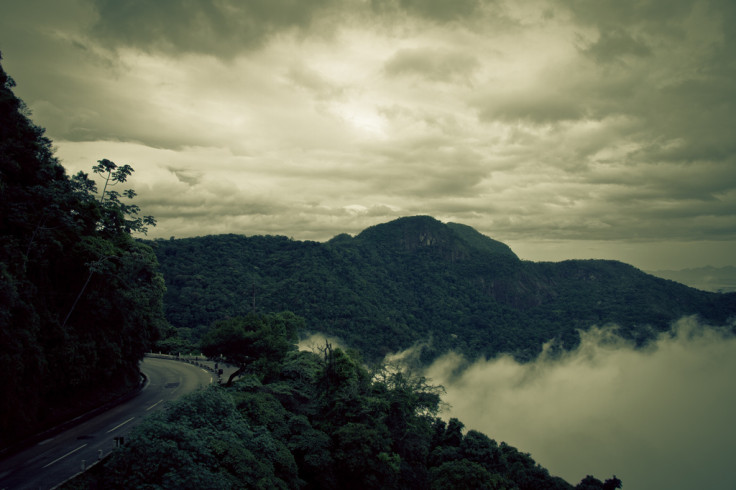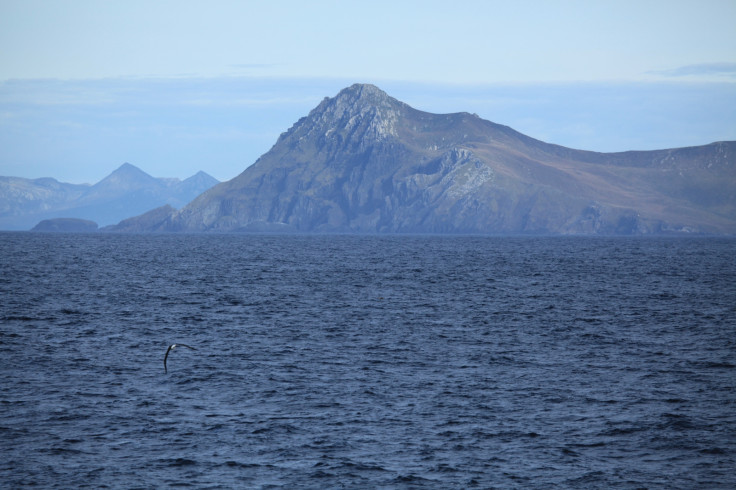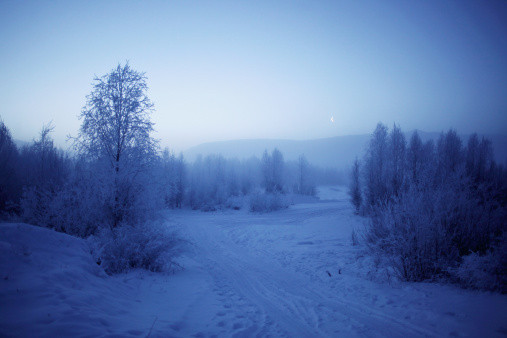Extreme expedition in the four most hostile corners of Earth to reveal secrets of human brain
Over two years a famous explorer and 20 participants will travel the globe to learn how humans cope in a crisis.
Siberia, Iran's Dasht-e-Loot desert, Cape Horn in Chile and the Amazonian Forest in Brazil — four of the most hostile environments on the planet for humans, boasting some of the most extreme climates. The locations will nevertheless be the setting of a two-year-long scientific experiment, which will see 20 men and women, led by French explorer Christian Clot, test their limits by crossing each of these regions in 30 days.
The project, called ADAPTATION, is the result of a collaboration between Christian Clot and one of the world's leading neurobiologists, Dr Etienne Koechlin, from the Cognitive Science Laboratory of the French Ecole Normale Superieure. It is not the pastime of adrenaline-junkies, looking for extreme experiences, but a project with real scientific purpose — to understand how the human body and brain fare in very extreme situations.
Both Clot and Kochelin have a real interest in uncovering the secrets of the human brain and want to see whether structural changes can be observed, after individuals have faced a crisis.
Cooperation in extreme contexts
Beyond the neuroscientific value of the mission, it also has a "psychosocial goal". The scientific team led by Koechlin will investigate how humans resist and collaborate in the face of adversity, how they remain motivated when faced with huge challenges, and how group dynamics get formed.

"Our capacity for adaptation is linked to our cortical agility. When it comes to dealing with challenges, our brains are our most important asset. Yet we still don't really know how they work when we are placed in challenging contexts, as studies that mimic real-life situations of crisis are difficult to reproduce", Clot told IBTimes UK. "Better understanding our general and cortical abilities to adapt to rapidly changing conditions in a short space of time, this is one of our main objectives."
His 20 fellow explorers will only make the journey in 2017, after he completes the crossing of the four regions on his own, to make sure it is achievable and to assess whether the scientific protocol behind the expedition is valid. Clot left on 19 August for Iran. The fact the experiment has been designed in two phases will thus allow the scientists to compare how humans react to difficulty, depending on whether they are alone or in a group.
An arduous journey
Twenty participants — split between men and women between 25 and 45 years old — will be recruited to participate in the adventure. In order to be selected, they will have to prove their motivation, as it will have to last throughout a particularly tough expedition. Furthermore, a battery of medical and psychological exams will be ran, and applicants will go through physical training to make sure they are in good health before setting off.
Once the group expedition has started, different experiments await the participants, both during the trip and back in Paris. Before and after each of the four crossings, they will have time to recuperate from the arduous journey over a fortnight, and will go through MRI sessions, behavioural tests and biological evaluation, to compare the cognitive and physiological changes in individuals, over the whole duration of the study.

But the most interesting and innovative aspect of the project will be the possibility of carrying out tests in-situ, right at the heart of some of the most unwelcoming corners of the world. Explorers will be given physiological recording equipment to monitor their heart rates, blood pressure, breathing and temperature, but also hormone levels such as dopamine or cortisol. Some psychological tests will be conducted, and everyone will keep a video logbook. All this data will be analysed when the explorers returm.
"One of the important aspects of this project is confronting real-life conditions, with all the unforeseen events that can happen. We are using real-life settings to study the extent of our physical and mental capacities. Doing the tests in-situ, in this context, is an incredible opportunity, as it will teach us about how our body responds to intense stress and it will enable us to draw a link between physiological responses and cognitive processes that occurs at times of crisis", Clot explained.
All the findings will be published in scientific journals, presented at conferences, and will be the subject of various documentaries.
People who can adapt do better
In a fast-changing world, where people constantly have to change and respond to new challenges, where conflict and crisis situations are becoming more commonplace, the study could have far-reaching implications. It could inform us about how we adapt to make the most out of every situation, and to make sure we are suited for the future.

"Darwin said: 'It is not the strongest of the species that survives, nor the most intelligent. It is the one that is the most adaptable to change.' With our project, we hope to shed a light on how we, as humans, adapt, and how we may improve even more our capacities to evolve", Clot explained.
"In the long run, this study is interesting because if we find out that we all have the same cognitive responses to a crisis, we could then come up with strategies to reinforce those responses. If we identify differences between the explorers, it might lead us to rethink the way we train people to interact in a group and to tackle challenges."
The explorer, who represents the French Exploration Society, will complete the first crossing on his own by mid September, before setting of to Chile, in October. Training for the participants will begin in March 2017. Those wishing to participate will find all the information to apply on the project's webpage.
© Copyright IBTimes 2025. All rights reserved.






















